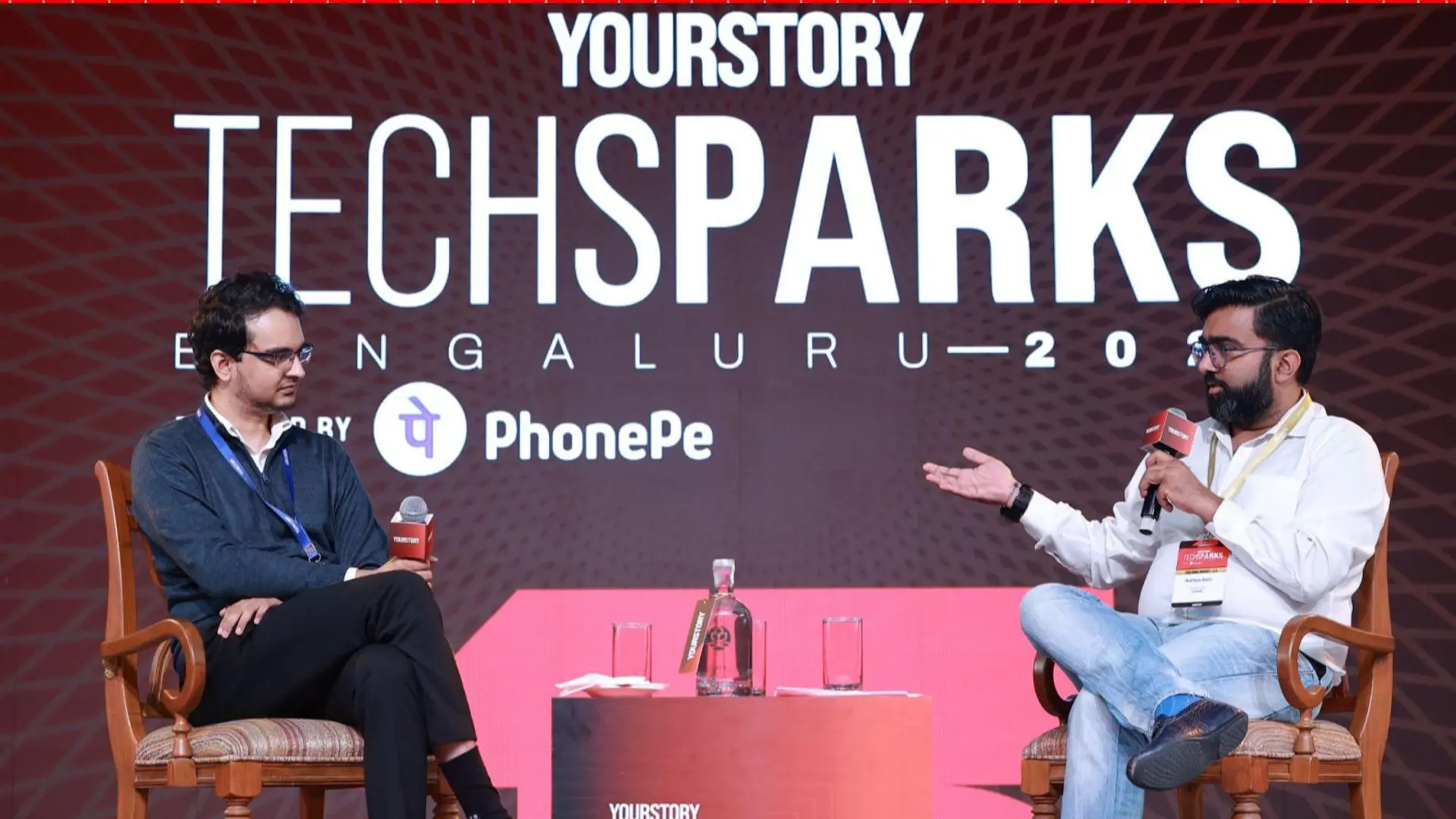Decoding credits: CheQ CEO Aditya Soni shares his journey, challenges, and mantras
Speaking at TechSparks 2024, Aditya Soni, Founder and CEO of CheQ, shared his experience as a founder and how failure is a part of an entrepreneur's life.
Credit management is the key. When used well, it completely upgrades your life, and when it's not used well, it dethrones your life, Aditya Soni, Founder and CEO of , told a packed audience at YourStory's flagship startup summit TechSparks 2024.
“I break the consumer credit life cycle in what I call the UML model. I break it into U, which is understanding, M, which is management, and L, which is leverage,” he explained.
In 2022, Soni founded the fintech startup CheQ, which helps users manage and pay their credit card bills and in credit management.
Sharing his journey and spilling the beans on scaling profitably, building trust, and leveraging strategic partnerships, he said, “I think, as a founder, the first thing I realised was it was far more important for me to know what not to do than what to do.”
Having a clear idea about what the company does, where and how it plans to use the funds, was crucial. Soni said, “When we raised funds, we were very clear that we are not going to invest, we have not raised funds to gift it to Google and Facebook.”
“So, the second choice that we made was in the world of consumer credit, we will only play in the world of existing credit. There are great companies who are trying to solve for new markets, and we are not going to do that,” the CEO said.
Soni elaborated that within 30 days of launching the beta app of CheQ, Axis Bank promoted the app to its users to pay their credit card bills. "They sent that communication out to 7 million consumers. In three days, we got 70,000 downloads for free," he said.
Soni gave the audience three mantras to stick by. First, having one hook product, where one does not earn money, but every other feature or product has to be fundamentally profitable.
Second, having multiple revenue lines. One cannot have a uni-revenue line in the fintech space as it's too risky and is a recipe for failure sooner rather than later. "None of the revenue lines should contribute more than 30% to the revenue, and none should contribute less than 6%. If it goes beyond 30%, bring other businesses to control it," he said. If it is below 6%, Soni suggested shutting it down.
Lastly, frugality is not a choice, it has to be a way of life.
“When you sign up as a founder, you must know that failure is going to be part and parcel of what you do. You have to know how to deal with it, and it should not and cannot overpower you,” he added.
Team building is crucial to a startup's growth, Soni noted, adding, “Especially in fintech, where half of the planning is done by a regulator."
Additionally, the CEO does not see vulnerability as a sign of weakness. He encouraged entrepreneurs to be honest and vulnerable with their team.
Reiterating the importance of understanding credit, he advises everyone to “read a lot about credit,” “not fear it,” and "to be absolutely sure about the fact as to why you want to spend and what you want to spend on credit.”
Edited by Suman Singh




